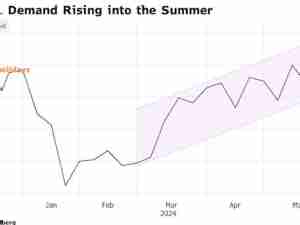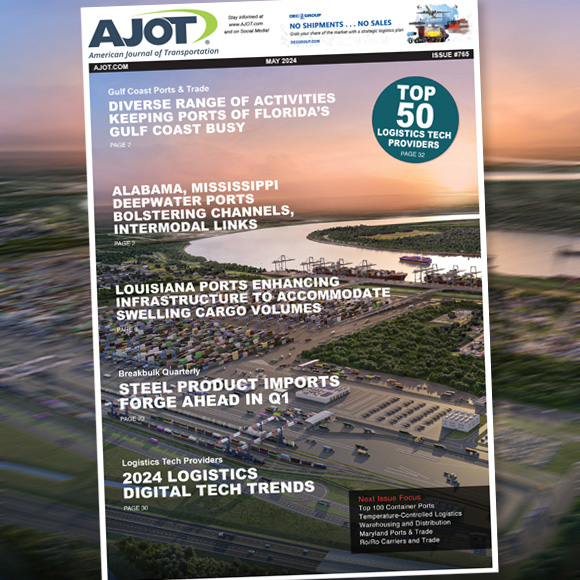The UK competition regulator largely upheld a decision on pricing at London’s biggest airport, dealing a blow to both the airlines that wanted charges to be lowered and Heathrow Airport, which sought to collect higher fees.
The Competition and Markets Authority said it had provisionally decided that the Civil Aviation Authority wasn’t wrong in most of its decisions about fees to be charged at the UK’s biggest airport. The CMA will allow Heathrow, the airlines and the CAA to respond to its findings, and a final decision is due Oct. 17, it said.
Heathrow and British Airways, Delta Air Lines Inc. and Virgin Atlantic Airways Ltd. — some of its biggest customers — are at opposite ends in the battle over airport levies. The UK’s biggest airport has pushed to increase charges, arguing that they were necessary for investment over the coming years, whereas carriers wanted prices cut down, saying they are among the highest in the industry and underestimated the post-Covid recover of demand.
The CAA confirmed in March the average maximum price per passenger that airlines will pay Heathrow was set to fall from £30.19 this year to £25.28 in 2026. The regulator said the pricing profile was based on an expected rebound in Heathrow’s passenger tally as the recovery from the Covid crisis continues, as well as the higher charging cap put in place in 2021 to reflect the challenges from the pandemic.
Heathrow is “carefully considering” the CMA’s findings, a spokesperson for the hub said.
Luis Gallego, the chief executive officer of British Airways owner IAG, said in a statement he would be disappointed if Friday’s ruling was the final outcome of the CMA appeal.
“Heathrow’s charges are among the highest in the world and are not competitive,” he said. “We will participate in the remainder of the appeal process.”
A Virgin Atlantic spokesperson said the airline was disapponted that the CMA had largely endorsed the CAA’s decision after three years of consultation. Heathrow has put shareholders first over customers and relied on “pessimistic passenger forecasts to support its agenda,” the spokesperson said.










